
Imfinzi was approved by the FDA for the treatment of adults with limited-stage small cell lung cancer without disease progression after chemotherapy and radiation.

Darlene Dobkowski, Managing Editor for CURE® magazine, has been with the team since October 2020 and has covered health care in other specialties before joining MJH Life Sciences. She graduated from Emerson College with a Master’s degree in print and multimedia journalism. In her free time, she enjoys buying stuff she doesn’t need from flea markets, taking her dog everywhere and scoffing at decaf.

Imfinzi was approved by the FDA for the treatment of adults with limited-stage small cell lung cancer without disease progression after chemotherapy and radiation.

The primary endpoint of overall survival was missed in the SKYSCRAPER-01 study assessing tiragolumab plus Tecentriq in some patients with non-small cell lung cancer.

The FDA approved several drugs throughout November for the treatment of diseases including leukemia and biliary tract cancer, in addition to a diagnostic for solid cancers.

The phase 1/2 study will assess next-generation immunotherapy alone and in combination with an immune checkpoint inhibitor in metastatic breast cancer.

An expert discusses the next steps for patients with metastatic breast cancer after their disease no longer responds to hormone therapy.

Survival improved in patients with recurrent grade 3 IDH-mutant astrocytoma who were treated with eflornithine and lomustine.
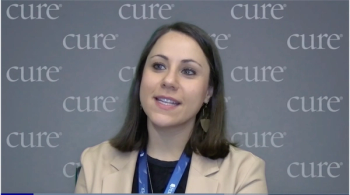
An expert highlighted unmet needs in treating T-cell acute lymphoblastic leukemia and where research may focus in the future.

The FDA will review an application to consider potential approval of Nubeqa plus androgen deprivation therapy for metastatic hormone-sensitive prostate cancer.

Researchers observed responses in patients with synovial sarcoma or myxoid/round cell liposarcoma treated with lete-cel.
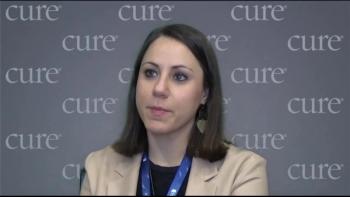
New treatments for acute lymphoblastic leukemia may lead to fewer side effects than chemotherapy, as they target cancer cells more precisely, an expert said.
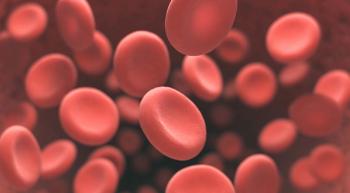
Findings from a phase 3 trial with Blenrep, Velcade and dexamethasone in relapsed/refractory multiple myeloma will be presented at an upcoming conference.

Revuforj was approved by the FDA for adults and children with relapsed/refractory acute leukemia with a KMT2A translocation.
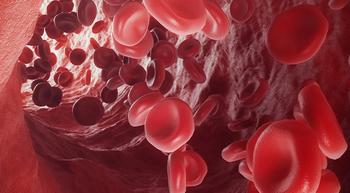
Danziten, a new formulation of nilotinib, may improve treatment adherence in patients with Philadelphia chromosome-positive chronic myeloid leukemia.

An expert explained how a patient’s own T cells can be extracted, manufactured and infused back into the body as a treatment option for melanoma.
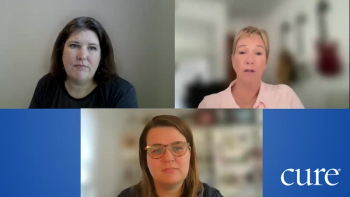
In this on-demand webinar series, CURE partnered with UCLA Health and Northside Hospital Cancer Institute to discuss best approaches to tracking side effects for patients with breast cancer.

In this on-demand webinar series, CURE partnered with UCLA Health and Northside Hospital Cancer Institute to discuss side effects of breast cancer treatment.

CURE partnered with UCLA Health and Northside Hospital Cancer Institute for an on-demand webinar series on managing side effects of breast cancer treatment.

If approved by the FDA, Darzalex Faspro may be the first treatment for smoldering multiple myeloma as compared to treating the disease once it progresses.

The CAR-T cell therapy Aucatzyl was approved for relapsed or refractory B-cell precursor acute lymphoblastic leukemia based on findings from the FELIX trial.
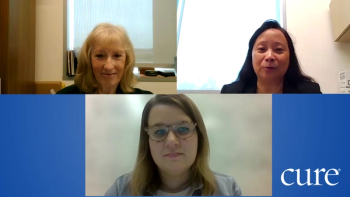
CURE partnered with City of Hope for a webinar to discuss focusing on quality of life when talking with care teams during breast cancer treatment.
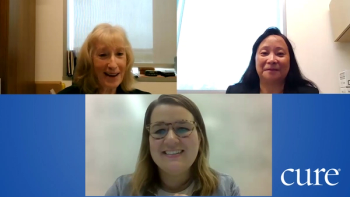
In this on-demand webinar series, CURE partnered with City of Hope to discuss how patients with breast cancer can best communicate with their care team.
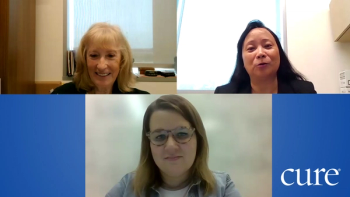
In this on-demand webinar series, CURE partnered with City of Hope to discuss effective communication when making treatment decisions for breast cancer.

Ameluz-photodynamic therapy in superficial basal cell carcinoma may improve the clearance of target lesions, as shown in early data from a phase 3 trial.

An expert explained how sentinel lymph node biopsy has helped surgeons remove fewer lymph nodes, which can reduce lymphedema risk in patients with breast cancer.

The FDA received the New Drug Application for avutometinib plus defactinib as a potential treatment option for previously treated low-grade serous ovarian cancer.

During October, the FDA approved drugs to treat diseases including breast cancer, lung cancer, leukemia and gastric cancer.

In the first 15 patients, radiofrequency ablation was shown to reduce pain scores in most patients with pancreatic cancer.

Three phase 3 trials will assess datopotamab deruxtecan-based treatments in patients with nonsquamous non-small cell lung cancer.
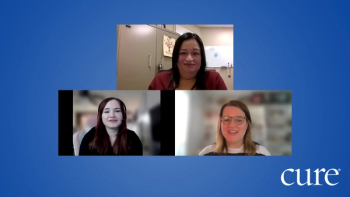
In this on-demand webinar series, CURE partnered with Susan G. Komen Foundation and Roswell Park Comprehensive Cancer Center to learn more about how patients with breast cancer can connect with each other.
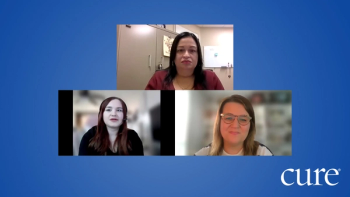
CURE partnered with Susan G. Komen Foundation and Roswell Park Comprehensive Cancer Center for a webinar to discuss the importance of self-advocacy.